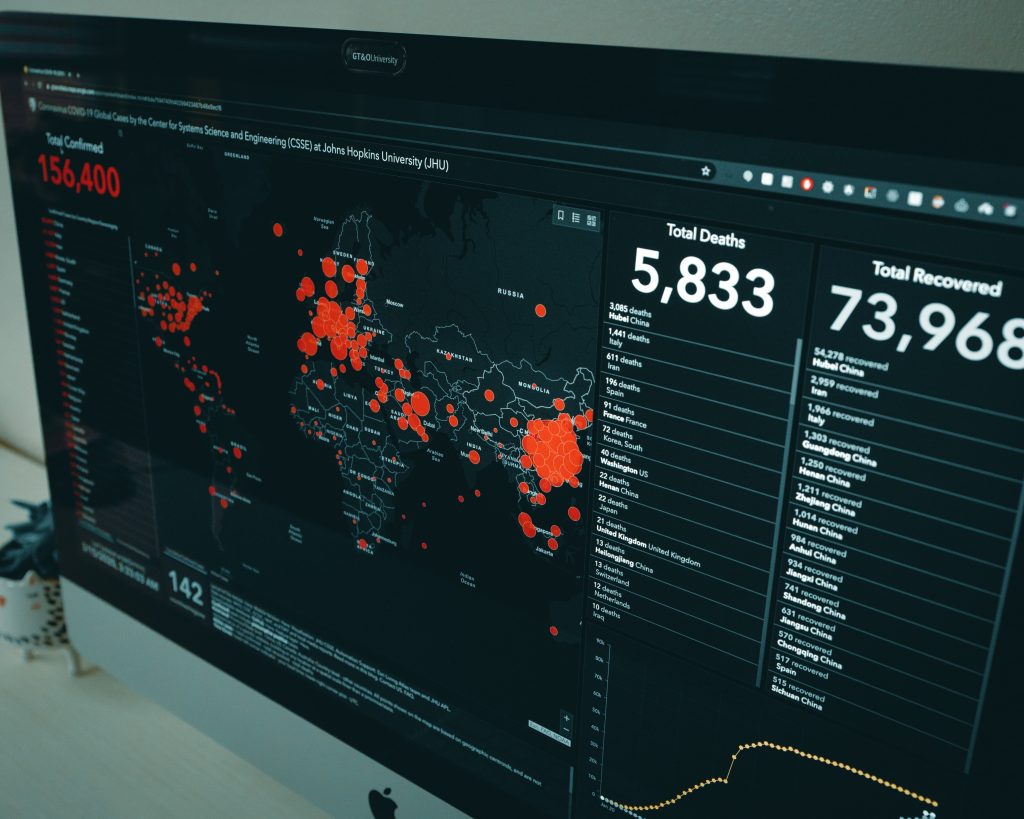
In today’s digital era, businesses are amassing vast amounts of data, and the role of data analysts is becoming increasingly indispensable. Data analysts bridge the gap between raw data and actionable insights, helping organizations make informed decisions. But what does it take to excel in this role? Let’s delve into the essential skills every data analyst must possess.
Table of Contents
1. Technical Proficiency
A strong technical foundation is paramount. This includes knowledge of:
- Programming Languages: Particularly Python and R, which are widely used for data manipulation, statistical analysis, and visualization.
- SQL: A must-have skill, as it’s the standard language for querying and manipulating databases.
- Data Visualization Tools: Familiarity with platforms like Tableau, PowerBI, and libraries like Matplotlib or Seaborn is crucial for presenting findings comprehensibly.

2. Statistical Analysis
Data analysts must apply statistical methods to datasets to extract meaningful patterns and insights. This involves:
- Descriptive Statistics: Understanding the basics, such as mean, median, mode, and standard deviation.
- Inferential Statistics: Concluding data samples and making predictions about larger populations.
3. Data Cleaning and Preparation
Often, raw data is messy. Analysts must:
- Detect and rectify errors or inconsistencies.
- Handle missing values.
- Transform data to ensure its usability in analysis.
4. Business Acumen
Technical skills are essential, but without an understanding of the business context, analyses can miss the mark. Analysts should:
- Understand the industry they’re working in.
- Be aware of the company’s goals and challenges.
- Communicate findings in a way that resonates with stakeholders and drives actionable recommendations.
5. Soft Skills
Soft skills complement technical skills, ensuring analysts can work effectively within teams and communicate their insights. Key soft skills include:
- Problem Solving: Approaching challenges with an analytical mindset.
- Communication: Translating complex data findings into understandable insights for non-technical audiences.
- Attention to Detail: Ensuring accuracy in data processing and analysis.
Learn More: The Best Online Data Analytics Courses for 2023
At a Glance: Essential Data Analyst Skills
| Skill Category | Specific Skills or Tools |
|---|---|
| Technical Proficiency | Python, R, SQL, Tableau, PowerBI |
| Statistical Analysis | Descriptive Statistics, Inferential Statistics |
| Data Cleaning & Prep | Error detection, Data transformation |
| Business Acumen | Industry knowledge, Company goals understanding |
| Soft Skills | Problem-solving, Communication, Attention to detail |
In conclusion
While the allure of data analytics lies in its blend of technology and statistics, the true proficiency of a data analyst is gauged by a harmonious blend of both hard and soft skills. As the field evolves, so will the skillset, making continuous learning a hallmark of successful analysts.
Frequently Asked Questions (FAQs) on Data Analyst Skills
- Do data analysts need to be experts in machine learning and AI?
- While beneficial, not every data analyst role requires deep machine learning or AI expertise. However, a basic understanding can be advantageous, especially as the fields converge.
- How important is domain-specific knowledge for a data analyst?
- Domain-specific knowledge can provide valuable context, making analyses more relevant and actionable. While not always mandatory, it can be a significant asset in specific industries or roles.
- Can someone with a non-technical background become a data analyst?
- Yes! Many data analysts transition from non-technical roles. It requires dedication to learning the necessary technical and analytical skills, but diverse backgrounds can bring unique perspectives to data analysis.
- How often should data analysts update their skills?
- The tech and data landscapes are ever-evolving. Continuous learning and staying updated with industry trends, tools, and best practices are vital for a successful data analytics career.
- Is certification a must for a data analyst?
- While not always mandatory, certifications can validate one’s skills and knowledge, potentially giving an edge in job applications or career advancements.
- What role do soft skills play in data analytics?
- Soft skills, especially communication and problem-solving, are crucial. They ensure that findings are not only insightful but also actionable, and they can be communicated effectively to varied audiences.


